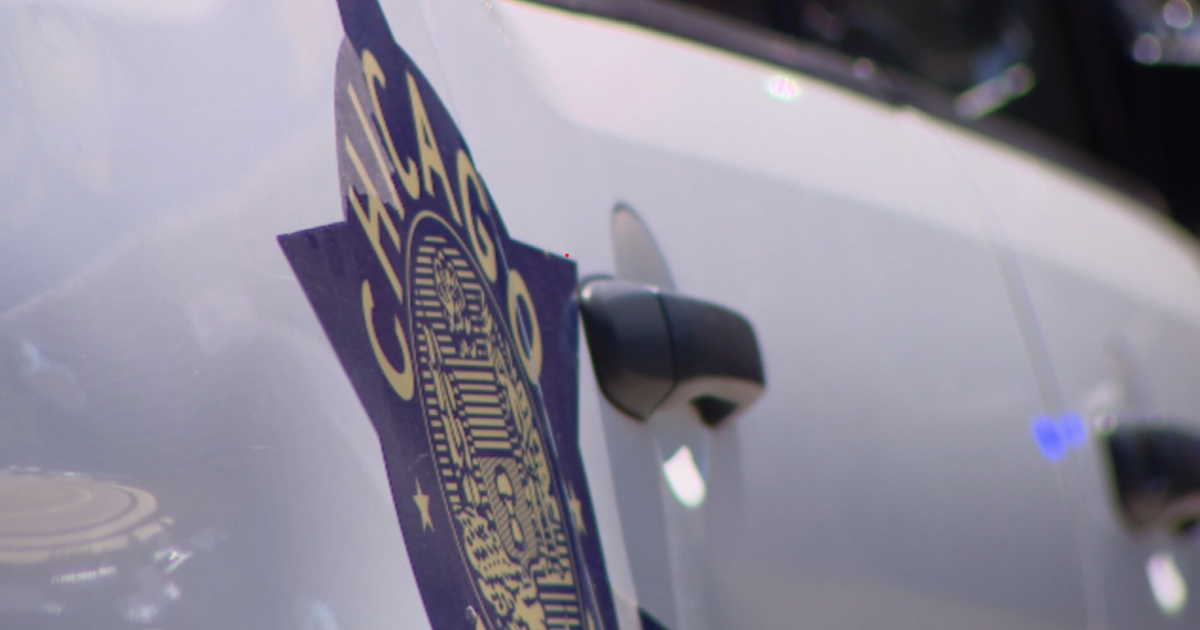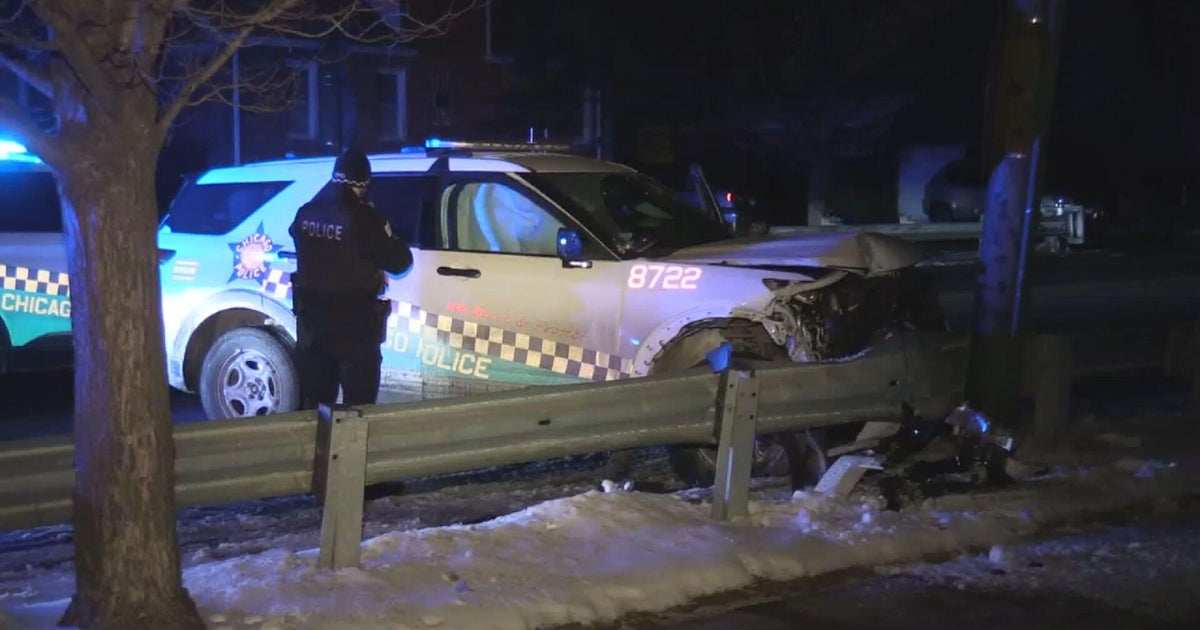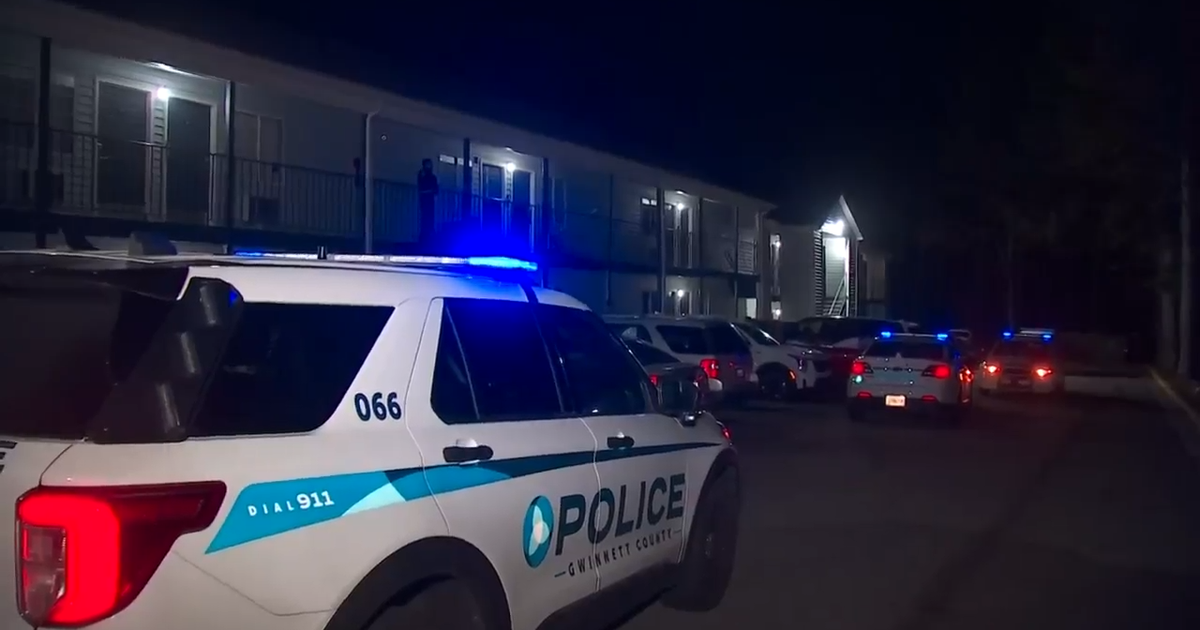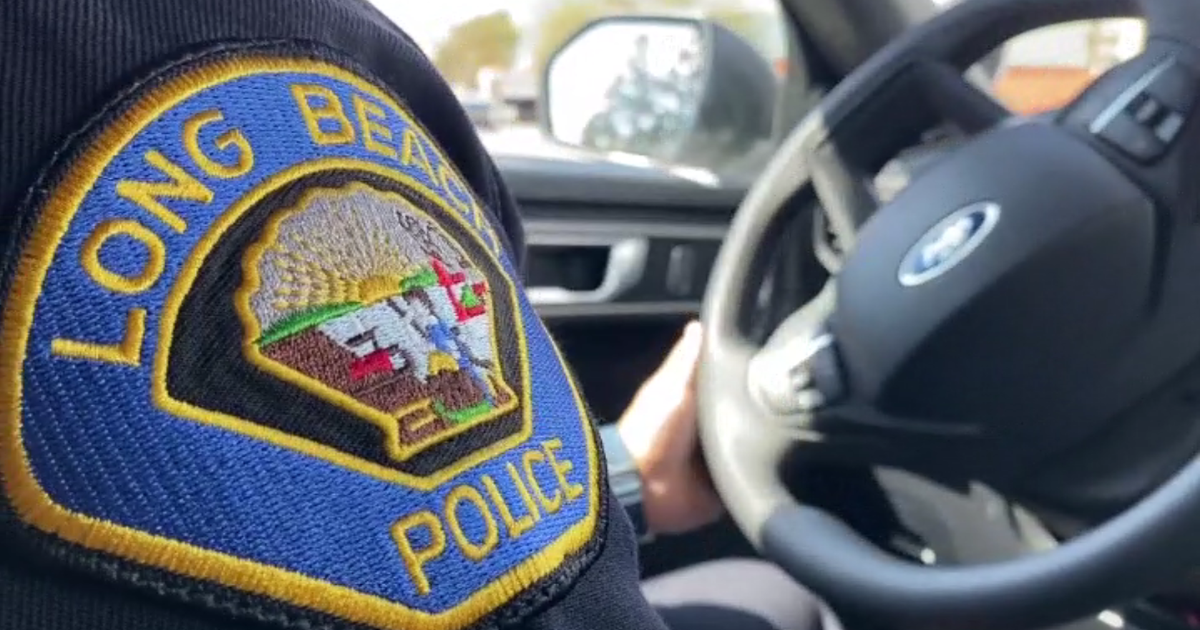Data corroborate CPD claims that crime was down in Chicago during DNC, but experts say there's more to story
CHICAGO (CBS) -- After dire predictions that the Democratic National Convention would take police attention away from crime across Chicago, there was a consensus among experts that crime was under control when the convention was in town.
But while experts agreed that mayhem and unpoliced neighborhoods did not come true, and commended the Chicago Police Department for its preparation, the experts did not necessarily agree with the metrics the CPD used to declare a success.
"Last year, from that Monday to Thursday last year, we saw a 26% reduction in shootings; a 31% reduction in homicides," police Supt. Larry Snelling said at a post-DNC news conference on Friday of last week. "We also saw a 54% reduction in robberies."
The CBS News Chicago Investigators also found double-digit drops for that range of dates—Aug. 19 through Aug. 22—compared with the same one last year.
CBS News Chicago found that total crime was down about 34% compared to the same period last year.
As to specific Chicago community areas, the Near South Side—where McCormick Place is located; the Near West Side—where the United Center is; and the Loop all saw significant drops in crime. Crime dropped 17% on the Near West Side, 17% in the Loop community area—which also includes part of the South Loop, and 43% on the Near South Side.
Crime was also down in most other areas of the city, with the exception of just a handful of neighborhoods, data showed.
"Things didn't work out as feared," said Wesley Skogan of the Northwestern University Institute for Policy research, "and in many ways, things worked out to be really unexpectedly good."
Experts agree more police visibility, restrictions on movement in specific areas of the city, businesses boarding up or closing early, and fewer people coming in from the suburbs may have contributed.
Metra ridership numbers, for example, were down significantly last week from the week before. Ridership was down 36% on Monday of last week, 49% on Tuesday, 51% on Wednesday, and 54% on Thursday.
But Olson cautioned that comparing last week's crime during the DNC to the same week the year before, the way the CPD did, doesn't take into account that those crimes have been trending down all year.
"I think the fact that the crime was down is positive," said Dave Olson of the Loyola University Chicago Department of Criminal Justice. "But I think it's more important to understand that this isn't something that was just a one-off trend—we've been seeing this reduction in crime for a number of years now."
Meanwhile, the data showed a 79% drop in narcotics arrests and a 51% drop in weapons violations. Olson said that is because those crimes are largely driven by police looking for them and making arrests.
"Just because the police stop making arrests for drug possession, that isn't an indicator that fewer people are using drugs," Olson said. "It just means that they're not looking for it or they're not focused on it."
The data also showed the percentage of crimes resulting in arrests also dropped, which could be another indication of the impact of the significant drop in drug and weapons crimes during the DNC.
Skogan says crimes that are usually impacted by police presence also went down, as expected.
"People stopped stealing cars. There wasn't much of any vandalism. Retail thefts went down," Skogan said. "These are all things that are really are sensitive to the watchful eyes of the Police Department."
There were a few areas that still saw surges in crime.
There were also some high-profile crimes that made headlines during the DNC—including a shooting at the White Palace Grill at 1159 S. Canal St. early last Friday morning when delegates were dining there, and a string of armed robberies downtown, in Chinatown, and in the West Loop—in one of which the victim was reportedly a DNC delegate from Texas.
But overall, experts who spoke to CBS News Chicago agreed that the CPD did a good job—but sustaining that momentum into the future will be critical.







